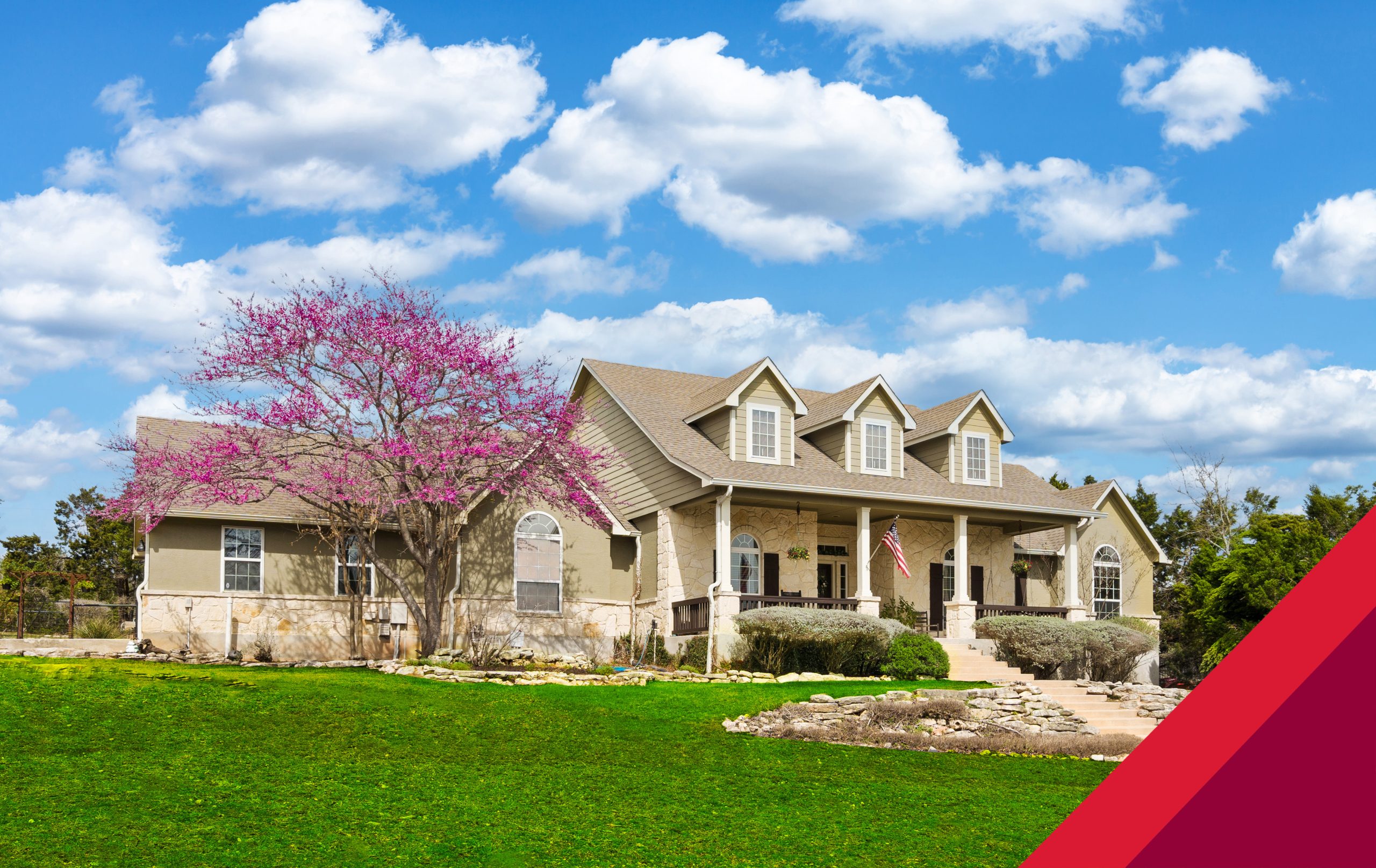Every property has a value, but that valuation can change depending on many factors. This can be confusing for owners trying to determine what their home is worth. For sellers, knowing your property’s market value helps you maximize your return. That said, pricing requires balance: ask too much and you may deter buyers; ask too little and you could leave money on the table.
A real estate agent can help you pinpoint the right asking price. Agents analyze a wide range of elements that influence your home’s price. What are they looking at? From on-property features to market conditions and seller timelines, this article explains the factors that go into a home’s valuation.
Property Condition & Upgrades
Appliance Condition
A small issue like a leaky dishwasher might not bother you, but it can be a red flag for potential buyers. Most buyers want a move-in ready home, so repairing broken or malfunctioning appliances is a good way to raise your home value. Upgrading older appliances with new models is another strong selling point to highlight in your listing. Even if replacement isn’t necessary, giving existing appliances a deep clean can help them look refreshed and well cared for.
Interior Walls
A fresh coat of paint is a makeover for the interior of a home. It covers any blemishes or marks, leaving a blank slate for the next homeowner. Additionally, it may be difficult for buyers to picture themselves living in a home with eccentrically-colored walls, so repainting walls a neutral color is a way to alleviate this issue.
Other Renovations
Renovations that are small can have as much impact as larger projects. Installing new handles to kitchen cabinets can make the room look sleeker despite it being a small change. Replacing beat-up outlet covers and light switch covers can make your home look like a new construction. Larger renovations are also a way to create value, making your home more desirable to prospective buyers. Doing a minor remodel of a bathroom or adding a patio typically have high return on investment.
Curb Appeal
A home’s exterior creates the first impression for buyers, so it’s worth making sure it looks its best. Trim trees and bushes, keep the lawn neatly mowed, and tidy up flower beds to create a well-maintained appearance. Simple updates like washing windows and power-washing exterior walls can also make a noticeable difference. For a bigger impact, consider repainting the exterior, updating the mailbox, or even replacing the roof to give the property a fresh, inviting look from the street.
External Factors
Location
Location has long been considered the most important factor in real estate, and it plays a major role in determining home value. Proximity to desirable amenities such as schools or shopping centers can increase value, while being near less appealing features like industrial sites or sewage facilities can have the opposite effect. Lot size is another consideration, as properties with more acreage often carry a higher price. While you cannot change where your home is situated, it is important to understand how surrounding factors such as neighborhood appeal, nearby conveniences, and overall safety impact its market value.
Market Behavior
The housing market is driven by supply and demand. When demand for homes is high and inventory is low, properties often sell at a premium. Conversely, when there are more homes available than buyers, prices typically dip below average value. This balance between supply and demand plays a key role in determining home prices. Seasonal trends also influence the market, with cooler months like fall and winter usually bringing slower activity compared to the busier spring and summer seasons.
Your Personal Timeline
Every seller’s situation is different. Some may need to move quickly after listing their home, while others have the flexibility to wait for the right offer. If time is limited, pricing your home competitively can increase the chances of a faster sale. If there is no urgency, setting a higher asking price may be a better strategy. Remember—selling a home does not have to be a race! Take your time and evaluate all options.
By gaining a clear understanding of the many factors that influence a home’s listing price, you can put yourself in the best position to maximize your return when it sells. If you are considering selling your home or would like to know its current value, Connect with a local ERA agent today!

 Facebook
Facebook
 X
X
 Pinterest
Pinterest
 Copy Link
Copy Link


